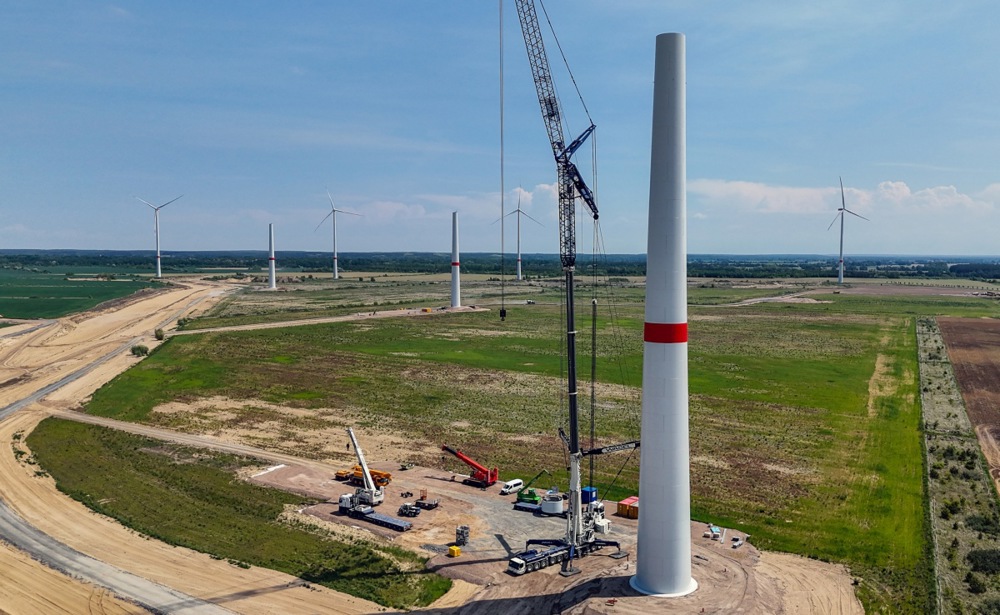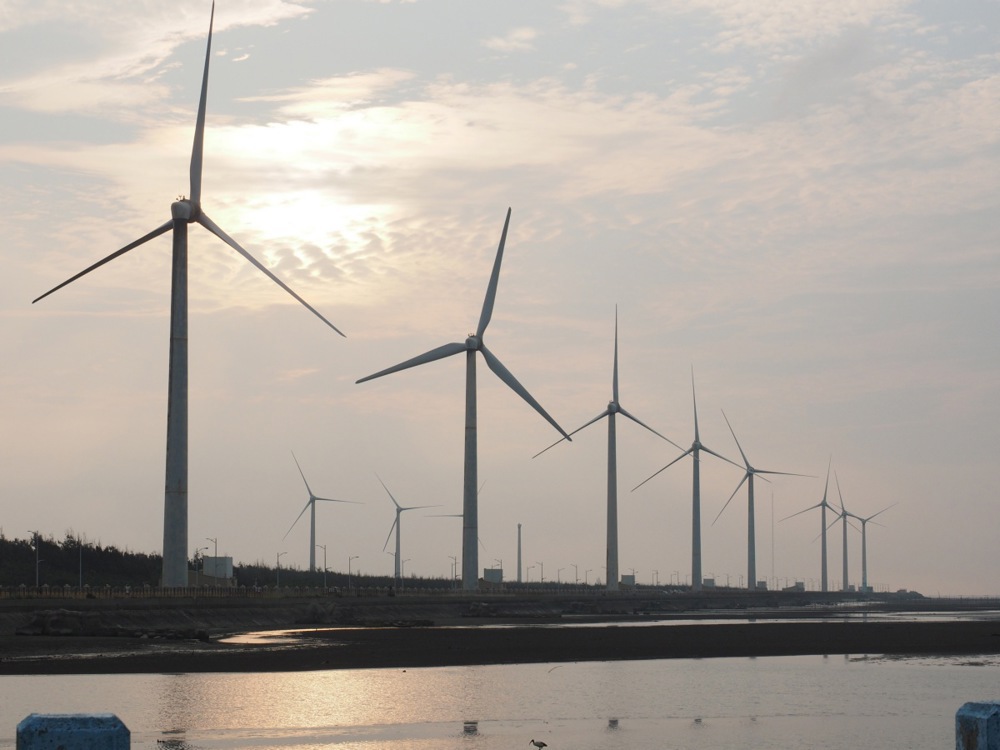Half of the power generated by one of Britain’s largest wind farms was discarded in 2024 yet it was still paid millions for electricity that never reached a single home.
Newly published accounts showed that Dorenell, owned by France’s State-backed energy giant EDF, received nearly £68 million (€78.5 million) in revenues in 2024, despite only delivering half of the electricity it produced, British newspaper The Telegraph reported on August 29.
The rest, some 294,027 megawatt hours (MWh), was “curtailed” because the national grid lacked the capacity to absorb it. Despite that, the wind farm was compensated for the wasted power, with constraint payments amounting to around £40 million (€46.2 million) of its total income.
These payments, ultimately funded by bill payers, were a direct consequence of a system where wind farms are guaranteed fixed prices under the UK Government’s contracts for difference (CfD) scheme — regardless of whether the energy was actually needed.
This waste is the result of most of Britain’s wind farms being concentrated in Scotland, far from the centres of demand in England and Wales and an inadequate grid infrastructure, unable to either store excess power or transport it efficiently southward.
Because of this, grid operators were forced to pay wind farms to switch off, even as consumers footed the bill.
According to energy consultancy Ember, Dorenell effectively received £227 per MWh for the electricity it did supply last year — nearly three times the £77 per MWh earned by gas-fired power plants over the same period.
Next to being an inefficiency, this was also a financial drain. Ofgem, the UK energy regulator, has already warned that grid balancing costs, including constraint payments, were pushing up bills, contributing around £15 (€17.3) to the recent £35 (€40.4) increase in the energy price cap.
The situation looks set to worsen. The National Energy System Operator (Neso) predicted that curtailment payments could reach £4 billion (€4.62 billion) a year by 2030, double that if critical grid upgrades are delayed.
Critics argued that the government’s focus on renewables has created a system where subsidies and constraint payments distort the market, driving up prices rather than reducing them.
EDF has defended the payments, calling them “a necessary part” of managing an ageing energy system and urging faster grid upgrades.
Problems and difficulties in managing the electric grid have forced the UK Government to spend more than £1 billion (€1.21 billion) in 2024 to cut wind farm output, according to reports.
Successive Scottish governments have felled trees at breakneck speed: over 1,700 a day. https://t.co/h7Ew56ALY8
— Brussels Signal (@brusselssignal) July 24, 2023





